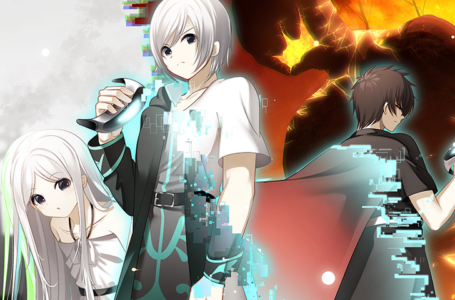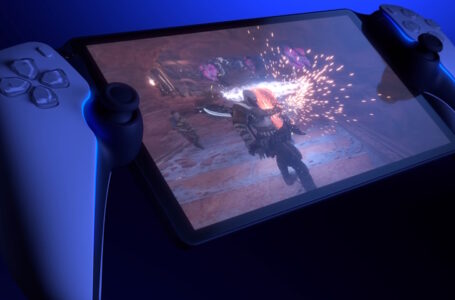Sony’s five forgotten first-party franchises
The last few years have been a curious time for Sony’s PlayStation brand. Not only has the company’s apparent effort to “Americanise” itself allowed the Nintendo Switch to gladly and gleefully take up the ecchi baton from where the Vita left it, but it’s also seen a bunch of fantastic, stylish and highly enjoyable first-party franchises fall by the wayside in the process.
As good gamers who care about preservation of the medium and who are well aware that a great game doesn’t stop being a great game just because it’s no longer the week of release, it’s up to us to remember that these wonderful experiences still exist. And to shout noisily about them until those who haven’t played them yet have enjoyed them too! While we may not be able to get Sony itself to listen, we can at least give these games the love and appreciation they’ve always deserved. So let’s take a look at six great first-party franchises Sony seemingly forgot about the existence of.
Soul Sacrifice
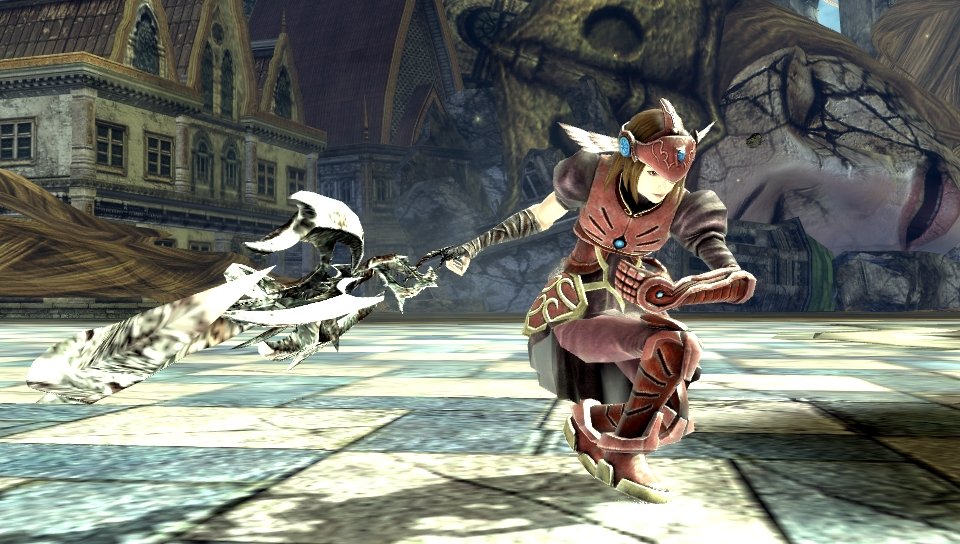
First released in 2013 for PlayStation Vita as a collaboration between Marvelous AQL and Sony, Soul Sacrifice is an action RPG with a unique mechanic: the ability to “sacrifice” parts of your body, items you’ve collected or even allies in order to receive various benefits. These sacrifices are semi-permanent, so you’ll always need to think carefully before making use of them — and they cause status effects, too. Sacrifice your skin and you’ll suffer a penalty to your defence; sacrifice your eyes and your field of vision will be reduced.
There’s some strong pedigree behind Soul Sacrifice, with the original game design concept created by Keiji Inafune of Mega Man, Dead Rising and Onimusha fame. It features a soundtrack by Yasunori Mitsuda (best known for his work on the Chrono and Xeno series of RPGs) and Wataru Hokoyama, who was previously heard composing the score for PlayStation photography sim Afrika. But despite Inafune expressing an interest in developing a sequel to the game in an attempt to further drive sales of the Vita, that never happened, and the series has been dormant ever since the release of Soul Sacrifice Delta, an expanded version of the original game, in 2014.
Sly Cooper
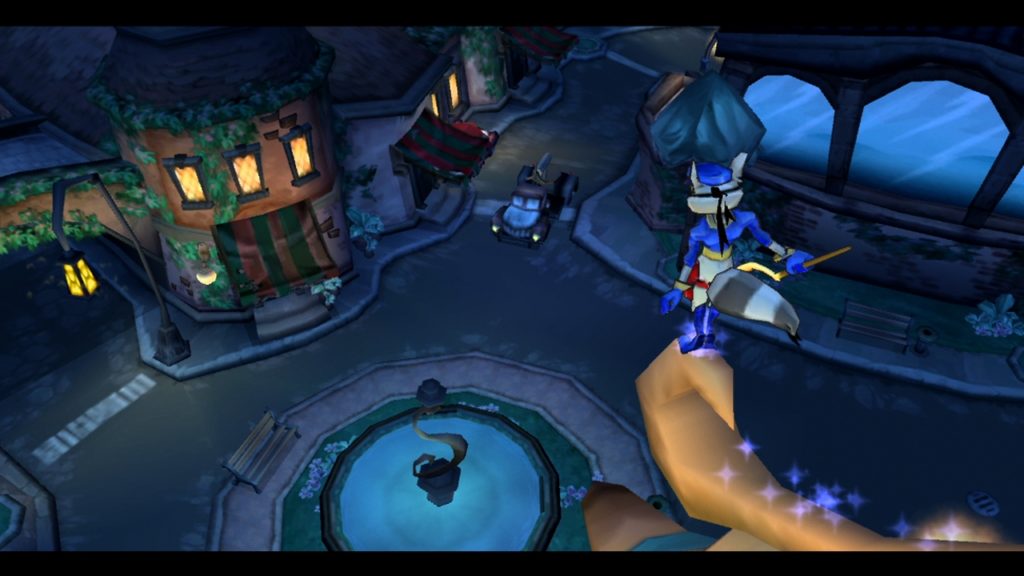
Sly Cooper is the series that originally put Sucker Punch Productions on the map back in the PlayStation 2 era. The first game, originally released in 2002, offered a successful blend of stealth action and 3D mascot platforming, while subsequent games became more ambitious, featuring more open environments and varied objectives to accomplish.
The games in the series were well-loved for both their solid gameplay and their beautiful presentation; the distinctive film noir-inspired, cel-shaded visuals were eye-poppingly gorgeous back when the games were originally released and still stand out as great examples of stylised visuals today, particularly amid the obsessive pursuit of photorealism. Voice acting was strong, too, infusing the games with a real sense of character that successfully brought to mind the feeling of classic Saturday morning cartoons. Plus I’m pretty sure Carmelita Fox created more than a few furries over the years. No judgement here; the gal’s hot.
Sadly, we haven’t seen anything from the series since 2013’s Sly Cooper: Thieves in Time for PlayStation 3 and Vita in 2013. This is likely due to Sony moving Sucker Punch onto other projects such as the aforementioned Infamous series and, most recently, Ghost of Tsushima — Thieves in Time was developed by Sanzaru Games rather than Sucker Punch — but also due to the company seemingly moving away from heavily stylised titles for its first-party releases.
LocoRoco
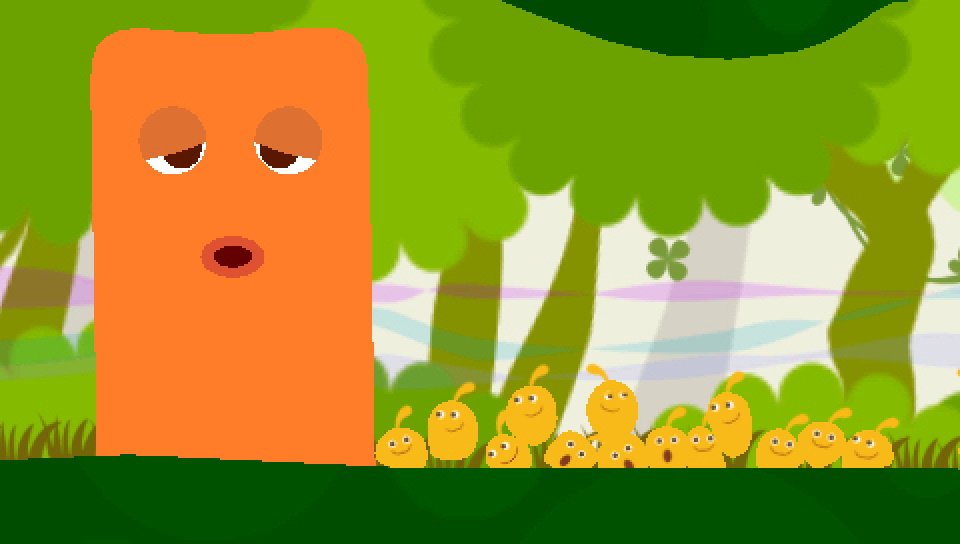
First released for PSP in 2006, LocoRoco was a deliberate attempt by its creator Tsutomu Kouno to create something that was completely different from other games available at the time — particularly those on the PSP. The result was an unusual platform game that you control by “tilting” the world using the shoulder buttons on the PSP, in which you often need to split the jelly-like main character into smaller pieces in order to negotiate certain obstacles.
The game was highly memorable for its dynamic soundtrack — various characters would sing along with and otherwise contribute to the musical backing as you encountered them — and its varied, puzzle-filled gameplay. Ultimately it didn’t sell all that well, but it did manage to get two sequels for PSP — one of which was digital-only, so you’d be forgiven for never knowing it existed — along with an “interactive screensaver” for PS3, and remastered versions of the first two games for PS4 in 2017.
There’s been nothing heard from the series since, though, and that’s a real shame; LocoRoco has a unique brand of gleeful joy about it that we could all use a bit more of right about now.
LittleBigPlanet
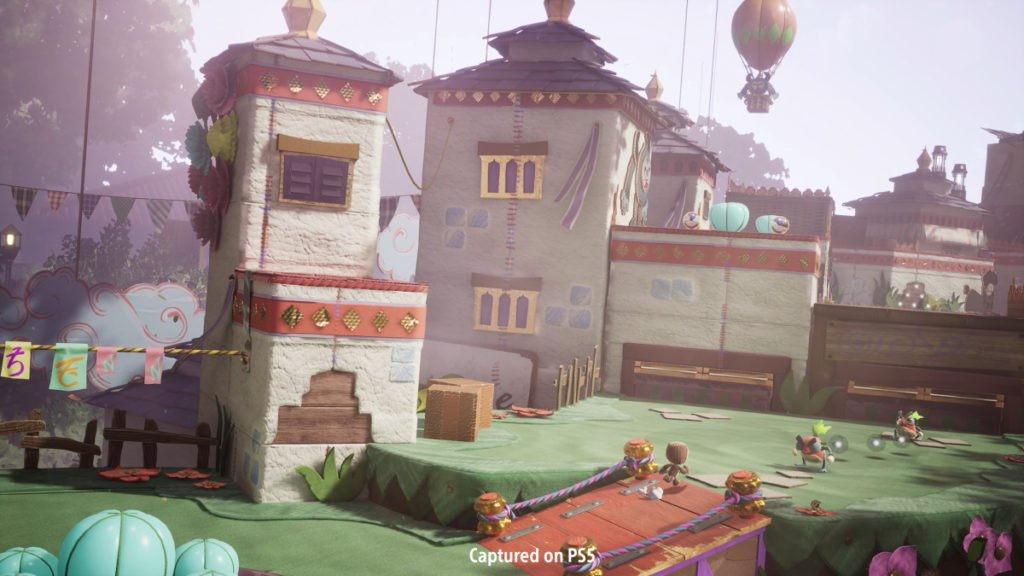
While a franchise whose latest installment released just two months ago may not seem like it’s really been “forgotten”, Sony hasn’t exactly been pushing Sackboy: A Big Adventure particularly hard — and as a result there hasn’t been a ton of buzz about it online, either. In fact, so far as recent first-party Sony games are concerned, people are still talking more about Ghost of Tsushima more than Sackboy: A Big Adventure — and that includes Sony’s official social media accounts. In fact, so far as first-party games are concerned, the official PlayStation Twitter account has promoted The Last Of Us Part II and Ghost of Tsushima more in the last couple of months than it has Sackboy: A Big Adventure.
Which is a shame, because Sackboy: A Big Adventure is a charming game from well-loved developer Sumo Digital, and features some great British voice acting talent in the form of Richard E. Grant and Dawn French. The game was well received by critics, though again its coverage tailed off almost immediately after the initial wave of reviews hit, and I suspect many critics’ comments that it is a game “particularly suitable for children” will have doomed it to relative obscurity.
All this may well be intentional on Sony’s part; out of all the company’s big current first-party franchises, LittleBigPlanet is very much the “odd one out” when compared to the various open-world, photorealistic, interactive movie-esque experiences they seem to want to push. It’s entirely possible this game was sent out to die so Sony can quietly leave it behind and focus on more “mature” affairs. But that is, as they say, just a theory.
Gravity Rush
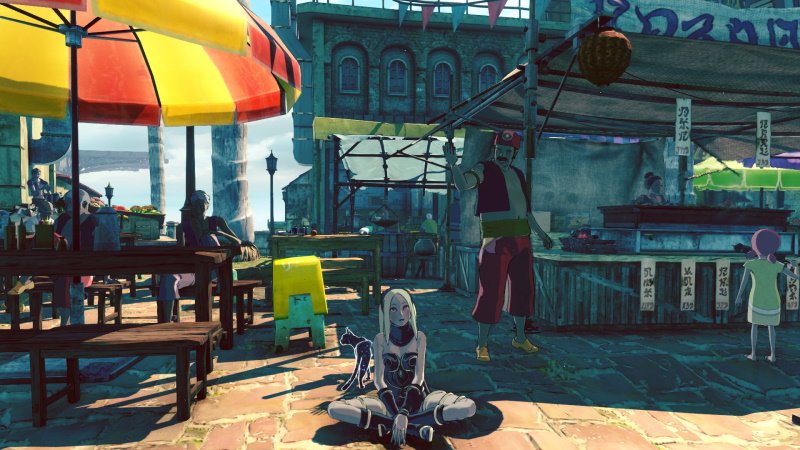
The biggie. There are few greater injustices in the video gaming world than Sony’s treatment of Keiichiro Toyama’s fantastic Gravity Rush series — a pair of games that Toyama conceived even before he developed his well-loved Silent Hill and Siren series. Following the exploits of heroine Kat, who discovers she has the ability to shift gravity around her at will thanks to the power of her star-filled cat Dusty, the two Gravity Rush games are exemplary, beautifully designed open-world adventures that just beg to be explored from every angle — and they have fascinating, compelling stories to tell, too.
But ever since the first game released on Vita, it’s felt like Sony has never known what to do with this series, and has just never really bothered to market it effectively as a result. Kat could have become an iconic PlayStation mascot — and, as a dark-skinned woman, one that would have made those concerned with diversity and inclusion in gaming very happy — but instead she’s languished in relative obscurity, with her two games consistently regarded as “hidden gems” rather than top-tier PlayStation-branded games that everyone should know the name of.
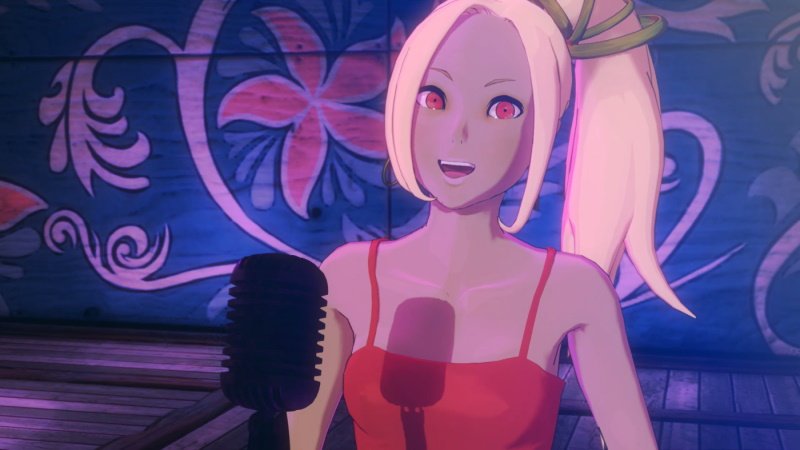
The first game did at least escape the constraints of the Vita platform and reach a wider potential audience thanks to its PlayStation 4 remaster in 2015, but with the second game’s enjoyable online features switched off just a year and a half after its 2017 launch and the development team’s dissolution in 2020, it seems unlikely we’ll get another Gravity Rush — at least not from Sony.
You may want to keep an eye on what Toyama is up to, though; in late 2020, he left Sony to form a new, independent development team known as Bokeh Game Studio, and with him he took along Kazunobu Sato and Junya Okura, two of his colleagues that previously also worked on Siren and Gravity Rush. Toyama’s hope for the new team is that he and his colleagues will be able to get back to doing what they love rather than being beholden to the constrictive rules of others. Here’s hoping we get a real spiritual successor to Kat’s adventures someday.
And in the meantime, there’s never been a better time to jump into the wonderful world of Gravity Rush for yourself — you can do that right here, or head right for the sequel here. Do it for Kat!
Join The Discussion
Rice Digital Discord
Rice Digital Twitter
Rice Digital Facebook
Or write us a letter for the Rice Digital Friday Letters Page by clicking here!
Disclosure: Some links in this article may be affiliate links, which means we may earn a small commission if you make a purchase after clicking on them. This is at no additional cost to you and helps support Rice Digital!
- Letter from the Editor: passing the torch - June 30, 2023
- Super Woden GP 2 is looking promising - June 30, 2023
- Inti Creates is making a 32 bit-style Love Live action platformer - June 26, 2023





